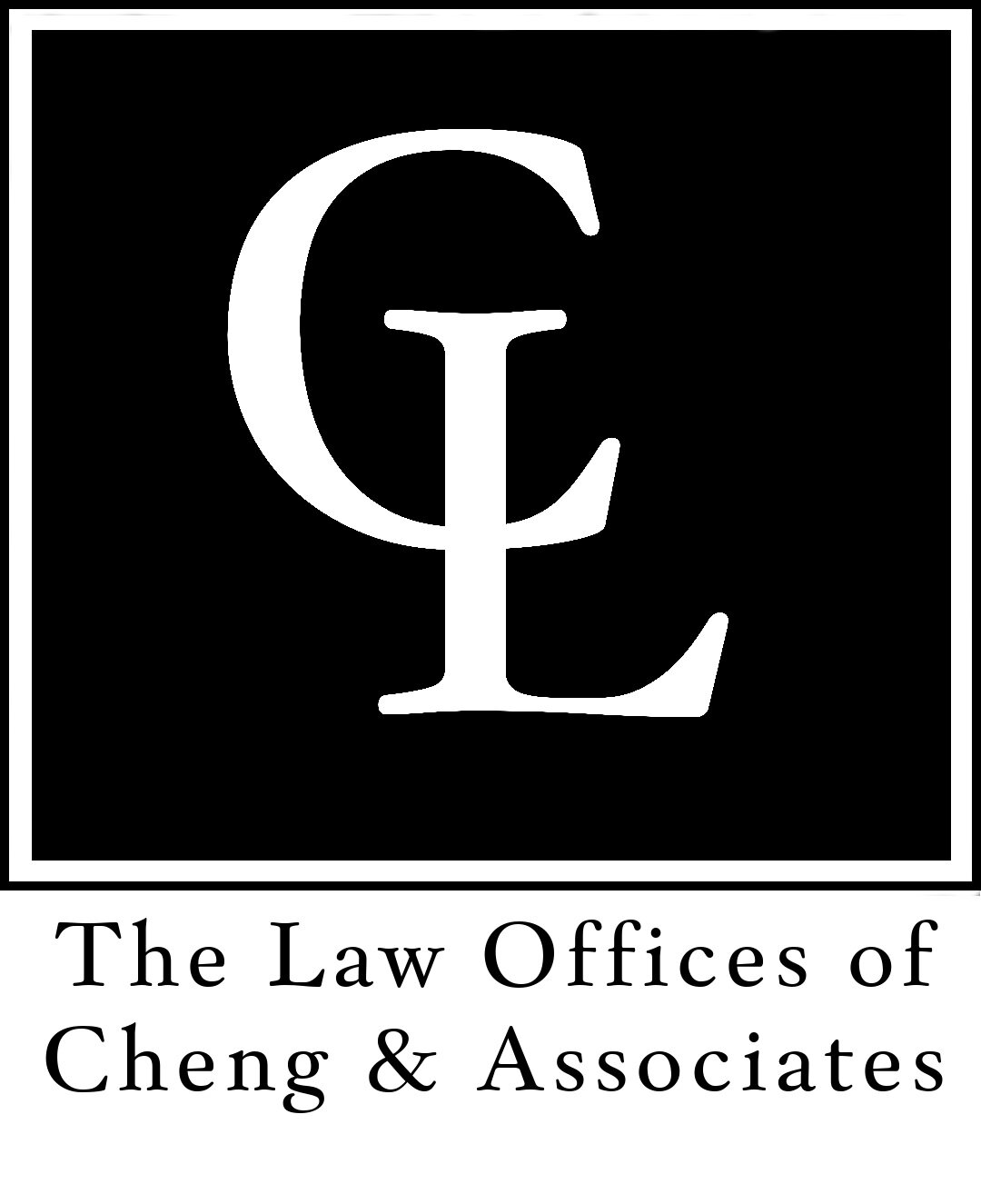Personal Injury
Personal injury is an area of law that focuses on injuries caused to people in a variety of ways, also known as tort law. Personal injury involves someone being harmed due to the negligence of somebody else. Recklessness, professional malpractice and a person’s inaction can actually be considered personal injury if it results in harm being done to someone. Medical malpractice, motor vehicle accidents, defective products and wrongful death are some claims that arise under personal injury law. When someone experiences personal injury, they may file a claim for physical injuries, emotional distress, or property damage. If there is more than one victim, each victim can file his or her own claim.
Victims of personal injuries may seek to make up for lost income, physical pain and suffering, physical disabilities that limit life activities, and emotional distress caused by the other party. The best way to determine if you have personal injury case is to speak with an attorney who can explain the personal injury claims, review your situation and let you know whether or not you have a claim. Speaking with an attorney as soon as possible will make it easier for both you and the attorney to work together gathering information for your case.
How to determine if you have a Personal Injury case
To begin a personal injury claim, you need to prove two important factors. First, that the person you are filing a claim against has legal responsibility for the injury that occurred. Second, the damages you seek represent what you truly lost due to the injury. This is called liability and damages, which you can demonstrate in your claim based on strict liability, intentional wrong and negligence.
What is Strict Liability?
Strict liability deals with defective products; called product liability law. Under this type of law, companies that manufacture and distribute products that can cause injury or death when used correctly can be prosecuted. If someone uses a product in a different way other than what is intended by the manufacturer, the company that made or distributed the product cannot be held liable for the injurie(s). Strict liability means that negligence or malice must be determined if it was involved.
What is an Intentional Wrong?
Intentional wrongs are something done to the victim intentionally that caused some kind of injury. The injury can involve emotional distress as well as physical injuries. Sexual abuse and domestic violence are examples of claims for intentional wrongs. In this case, victims can file both criminal and civil claims against the offender.
What is Negligence?
Negligence is when someone causes you injury simply by failing to prevent it. If you want to know for sure if you have a negligence claim, speak with an attorney who can review your potential case and let you know if your claim is valid.
Personal Injury Claims
Many different incidents can be considered personal injury claims. The following are some types of personal injury claims that may be prosecutable depending on the circumstances of your situation.
• Automobile accidents
• Dog bites
• Slip and Fall injuries
• Medical malpractice
• Employment injuries
• Nursing home abuse
• Wrongful death
• Exposure to toxic materials

